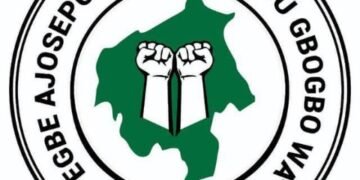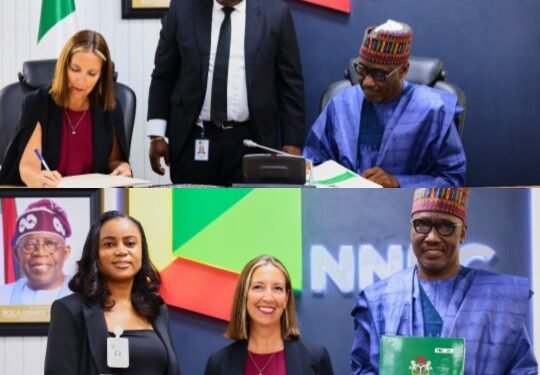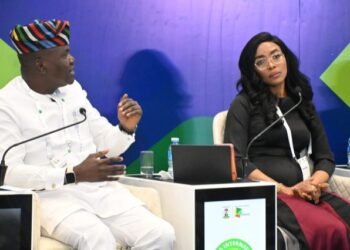The Nigerian National Petroleum Company Limited (NNPCL) and its Joint Venture (JV) partner, Chevron Nigeria Ltd (CNL), have concluded the conversion of five of its JV assets into the PIA terms.
The conversion was in line with the provisions of the Petroleum Industry Act (PIA) 2021 of transiting assets from the Petroleum Profit Tax (PPT) into PIA terms.
The assets conversion is expected to significantly boost crude oil production, with the two partners focusing on attaining the 165,000 barrels of oil per day (bopd) production target by year-end 2024.
The latest development was contained in a press release by the NNPCL Chief Corporate Communications Officer, Olufemi Soneye, on Monday.
“Under the new PIA regime, all existing Oil Prospecting Licenses (OPLs) and Oil Mining Leases (OMLs) would be automatically converted to Petroleum Prospecting Licenses (PPLs) and Petroleum Mining Leases (PMLs) upon their expiration.
“Nonetheless, an option of voluntary conversion is provided for holders of OPLs and OMLs (Operator, Licensees or Lessees) under the erstwhile Petroleum Profit Tax (PPT) regime.
“The PIA terms are generally perceived as more investor-friendly, compared to the erstwhile PPTA terms,” Soneye explained in the release.
During a brief ceremony held at the NNPC Towers on Monday, the two partners signed documents on the conversion of five (5) OMLs into four (4) PPLs and twenty-six (26) PMLs.
The signing of the documents on the conversion was in line with the new PIA terms, marking a significant step towards increasing domestic gas supply and expanding global market presence.
Speaking at the occasion, Group CEO NNPCL, Mr. Mele Kyari, described CNL as one of the most reliable partners for the NNPCL.
“Over the years, Chevron has been a partner of choice that has not contemplated completely divesting/exiting (oil production in) the shallow water and we are proud of them,” he added.
Kyari assured CNL that NNPCL would sustain its partnership with the JV partner so as to create more value for both parties and expand Nigeria’s footprints in the domestic and export gas markets.
He commended the Nigerian Upstream Petroleum Regulatory Commission (NUPRC) for its exemplary role in midwifing the conversion.
Director, Deepwater and Production Sharing Contract (PSC) of CNL, Mrs. Michelle Pflueger, stressed the significance of the conversion for both companies. She affirmed CNL’s long-standing commitment to the assets.
Also speaking, NNPCL Executive Vice President (Upstream), Mrs. Oritsemeyiwa Eyesan, highlighted the advantages of the PIA terms over the previous PPT terms.
She noted that the conversion was a strategic move towards the successful implementation of the PIA.
In his remarks, NNPCL Chief Upstream Investment Officer, Mr. Bala Wunti, said the assets conversion is expected to significantly boost crude oil production, with the two partners focusing on attaining the 165,000 barrels of oil per day (bopd) production target by year-end 2024.
He emphasised the continued importance of CNL’s operational philosophy in maintaining network stability and facilitating gas supply especially to the domestic market.





























